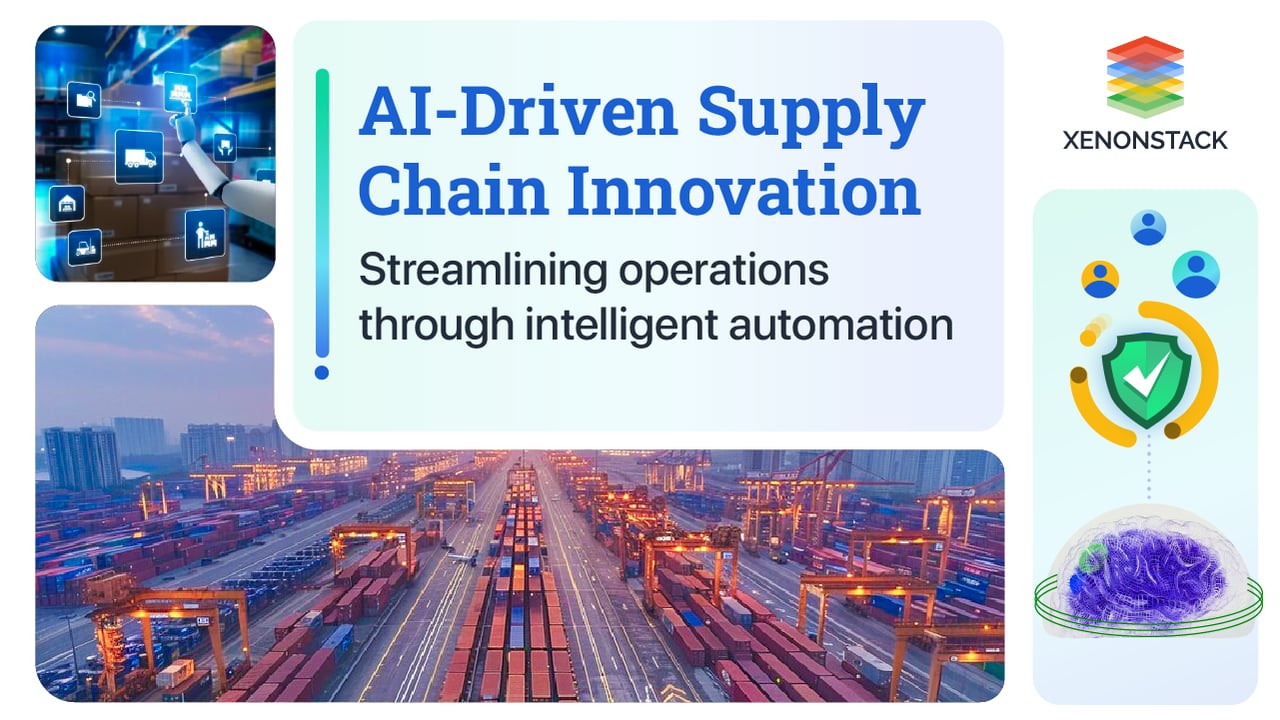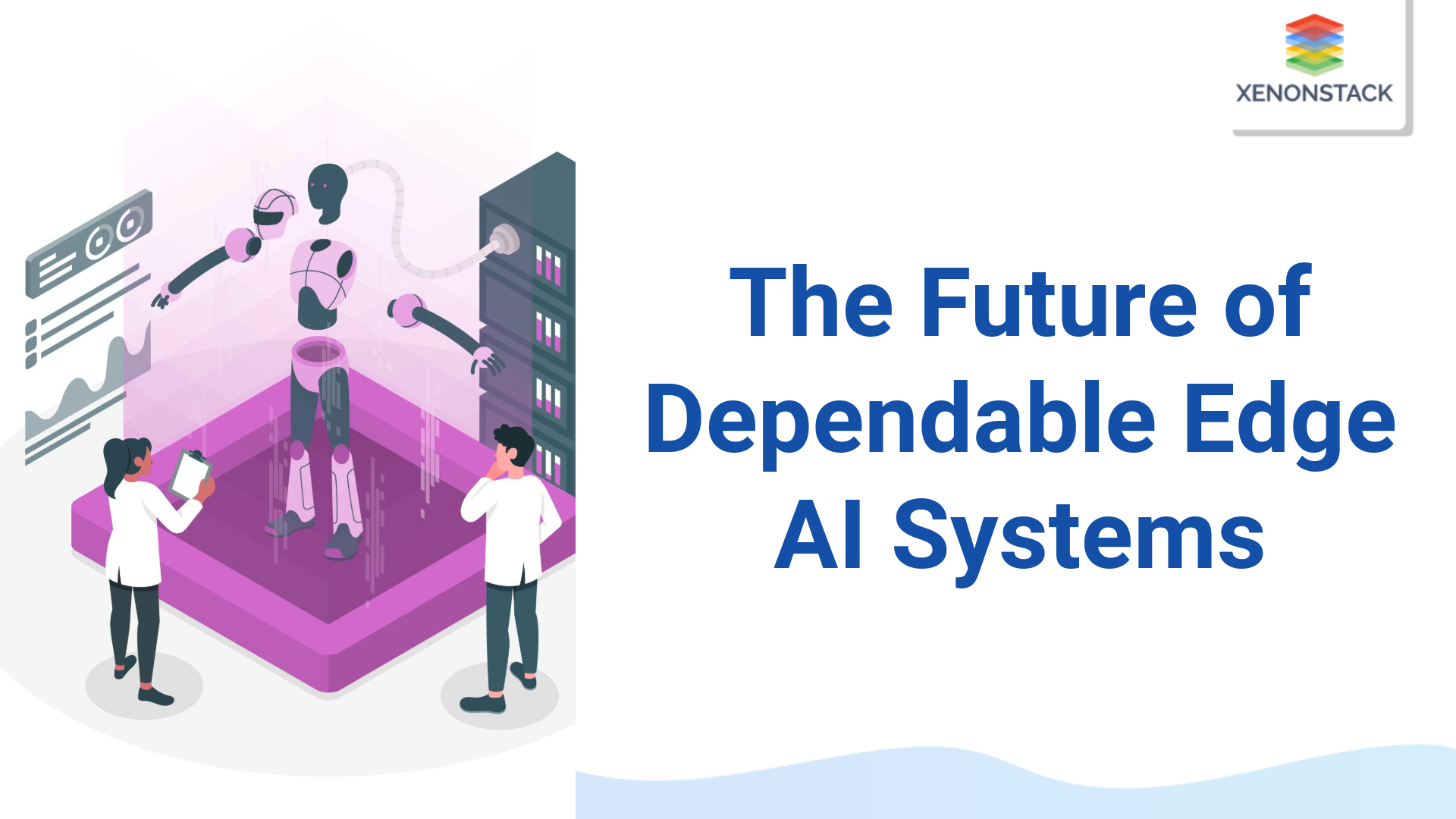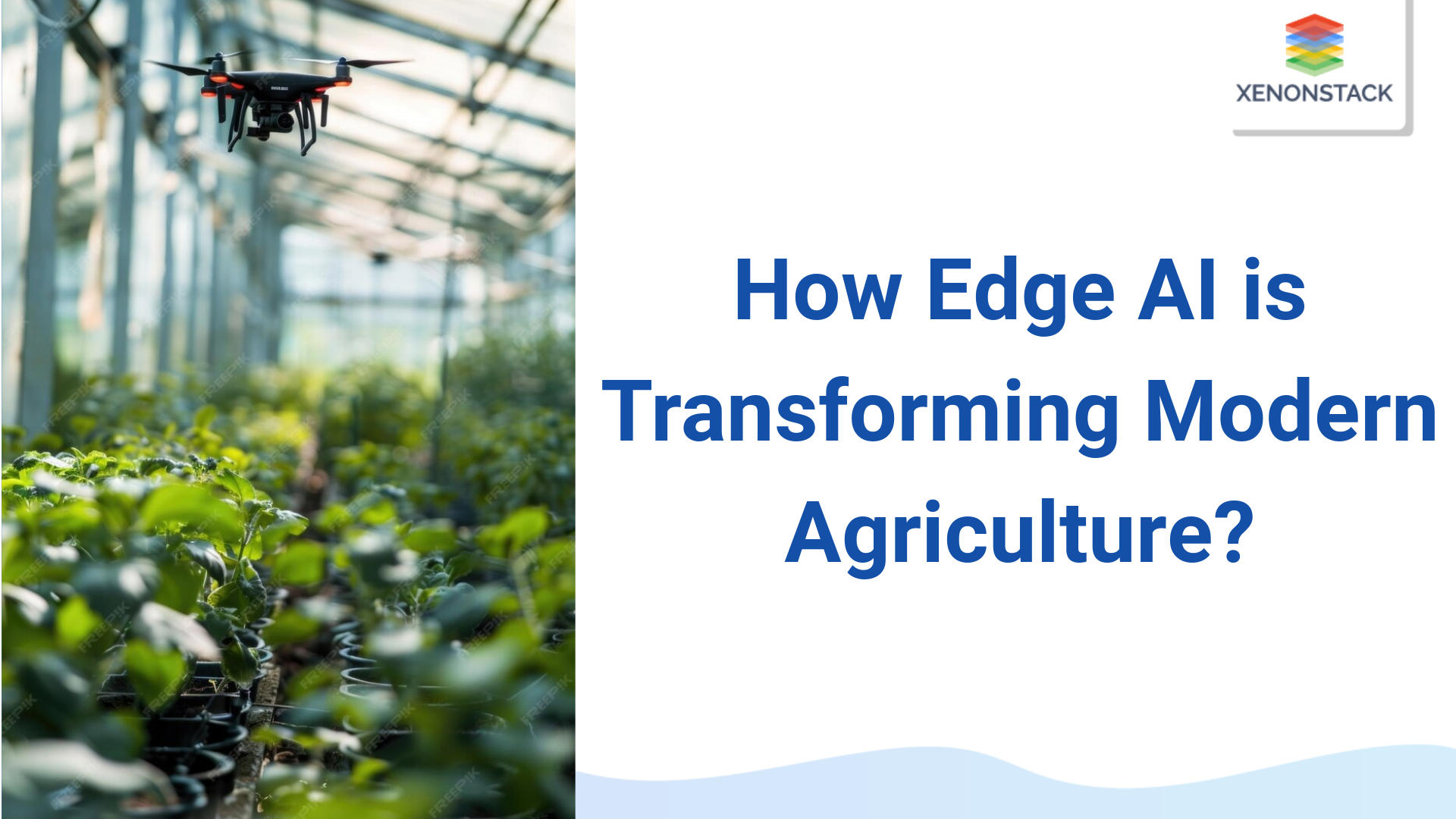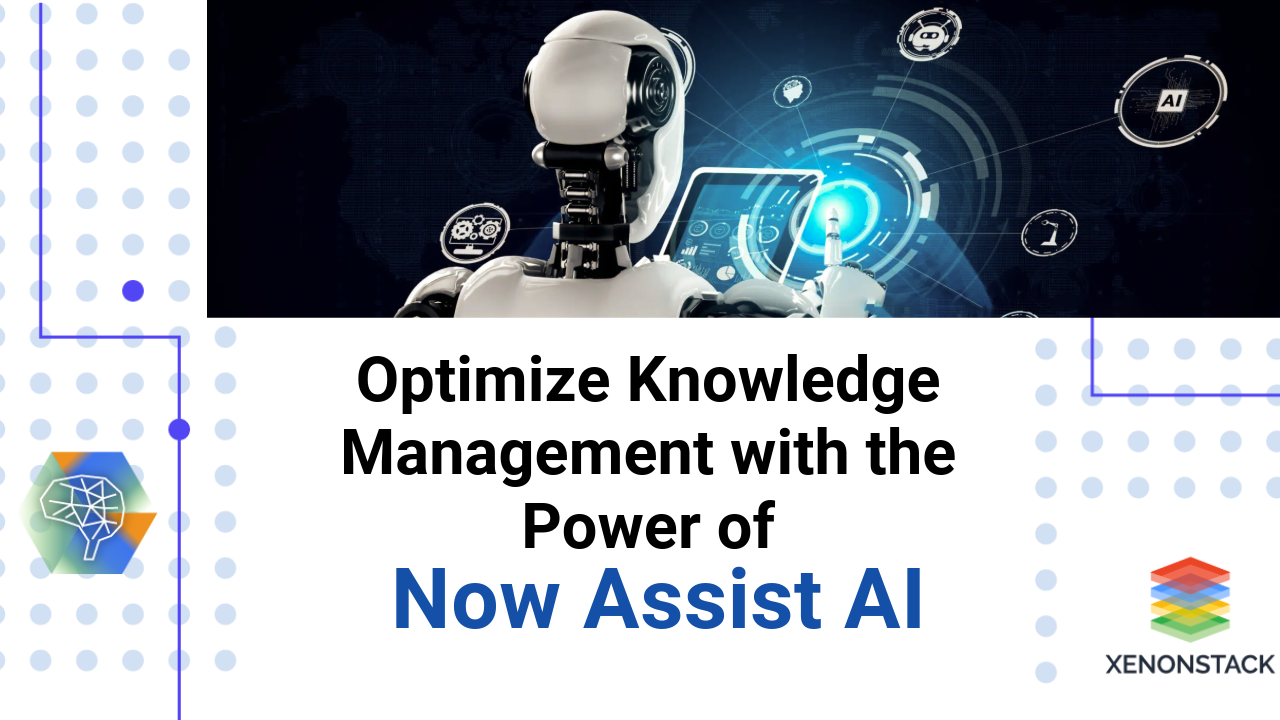
Introduction
Over the past twenty years, Enterprise Resource Planning (ERP) and Customer Relationship Management (CRM) systems have evolved significantly. Initially characterized by manual data entry and high-touch data processes, these systems have gradually embraced automation. Businesses have made considerable progress in automating numerous manual transactions. However, they now find themselves at an automation plateau, where advancing further is becoming increasingly difficult. Despite this, there is an intense desire among the workforce to push the boundaries of automation; a 2023 survey revealed that a staggering 90% of workers are eager to employ Artificial Intelligence (AI) to eliminate the monotonous, repetitive tasks from their jobs, signalling a clear shift towards the integration of AI in the workplace. This transition reflects a growing recognition of AI's potential to enhance efficiency and reshape the future of work.
AI-Driven Transformation in Supply Chain Management
The integration of AI into supply chains is revolutionizing the way businesses operate. By harnessing AI's power, companies can streamline operations, significantly reduce operational costs, and substantially enhance customer satisfaction. The evolution of technology has seen the use of statistical models in areas like inventory management and forecasting; however, the true potential of AI lies in its ability to render supply chain processes more intelligent and self-regulating.
The forthcoming generation of AI is set to transform the supply chain industry further, making it more agile, efficient, and responsive to rapid changes in the market. This transformation is about technology and the synergy between humans and AI. The future envisions a collaborative environment where humans and AI work in tandem, swiftly adapting to changing environments. AI is not a replacement for human innovation; instead, it serves to amplify human impact and capabilities, paving the way for new levels of efficiency and creativity in supply chain management.
Evolution of AI in Supply Chain Management
The evolution of AI in Supply Chain Management (SCM) can be summarized as follows:
1. Early AI Applications: The Inventory Management Assistant (IMA), created in 1986, was the first AI tool in SCM. It aimed to improve the US Air Force's spare parts replenishment and reduce safety stock.
2. AI Growth in the 2000s: The 2010s saw a surge in AI adoption within SCM, fueled by advancements in computing power, more affordable hardware, and the rise of the Industrial Internet of Things (IIoT), which ushered in a significant data era for supply chains.
3. Machine Learning in SCM: Machine learning algorithms have been utilized for various purposes, including demand forecasting, demand sensing, anomaly detection in assets, and inventory optimization, alongside consumer applications like Netflix's recommendation engine.
4. Current AI Landscape: Present-day AI spans image and speech recognition, natural language processing, and autonomous vehicles. Innovations such as Dall-E2 and ChatGPT are opening new avenues for AI applications across different sectors.
5. AI's Untapped Potential: While organizations have begun to leverage AI to create self-learning supply chains and improve algorithms, there is still vast potential in AI's ability to discern complex patterns in big data that are imperceptible to humans.
6. AI in Automation & Interaction: AI's role extends to automating routine SCM decisions and facilitating interactions with systems in ways that are contextually relevant to humans.
7. Integration Imperative: To fully realize AI's benefits in SCM, a platform that connects legacy and modern solutions is essential, unifying the ever-growing supply chain data.
XenonStack's Supply Chain Platform
In today's complex business landscape, supply chains are under increasing pressure to deliver efficiency and profitability. With the rise of digital transformation, advanced AI technologies are becoming essential tools for businesses seeking a competitive edge and sustainable success. XenonStack's Supply Chain Platform is at the forefront of this revolution, offering next-generation AI capabilities to transform supply chain operations.
-
AI-Enhanced Risk Mitigation: By harnessing the power of advanced AI, XenonStack's platform enables companies to anticipate and manage disruptions across their supply chains effectively. By unifying data sources and business applications, AI-driven risk mitigation provides companies with valuable insights to proactively address challenges across channels, suppliers, and geographies.
-
AI-Driven Demand Forecasting: XenonStack's platform leverages machine learning algorithms to enhance demand forecasting precision. Despite recent supply chain challenges, user trust in system-generated forecasts remains a concern. To address this, our platform offers solutions such as forecast explainability and natural language querying, streamlining demand plan analysis and reducing manual adjustment time. XenonStack's AI-driven demand forecasting ensures a more precise and collaborative planning process by facilitating data-driven decisions and automating meeting summaries and action items.
-
Streamlined Supplier Analysis: Our platform automates data collection and analysis, allowing procurement teams to focus on strategic decision-making rather than manual tasks. By leveraging AI, companies can expedite supplier reviews and ensure compliance with legal and company standards, accelerating the onboarding process for new vendors.
-
Enhanced Conversational AI: XenonStack's advanced conversational AI facilitates real-time data queries and actionable insights, enabling companies to identify and address issues such as late deliveries and order backlogs. Our platform enhances communication and problem-solving in supply chain management by generating targeted questions to uncover root causes and draft recommendations for supplier improvements.
-
Autonomous Self-Regulated Supply Chains: With integrated data systems and adaptive network modeling, XenonStack's platform creates self-regulating supply networks that adapt to changes and optimize profitability and customer service. By automating routine decisions and generating alerts for exceptions, our AI-driven approach enhances supply chain efficiency and reduces manual intervention.
-
Intelligent Process Automation: XenonStack's platform automates repetitive decision-making in supply chain management, allowing human resources to focus on creative and complex tasks. Our platform enhances productivity by leveraging AI bots to process procurement requests, resolve supply chain alerts, and streamline workflows.
-
Optimizing Inventory with AI: From warehouse management to inventory balancing, XenonStack's platform revolutionizes supply chain operations with AI-driven solutions. By predicting demand and optimizing warehouse operations, our platform minimizes costs and enhances customer satisfaction.
Conclusion
In conclusion, XenonStack's Supply Chain Platform offers a comprehensive suite of AI-driven solutions to enhance supply chain efficiency, reduce costs, and increase customer satisfaction. With our secure and adaptable platform, businesses can integrate AI effectively into their supply chains, driving innovation and success in today's competitive market.
-
Read here about Building Real-Time Retail Analytics Dashboard
-
Explore our Retail Loss Prevention in Generative AI


